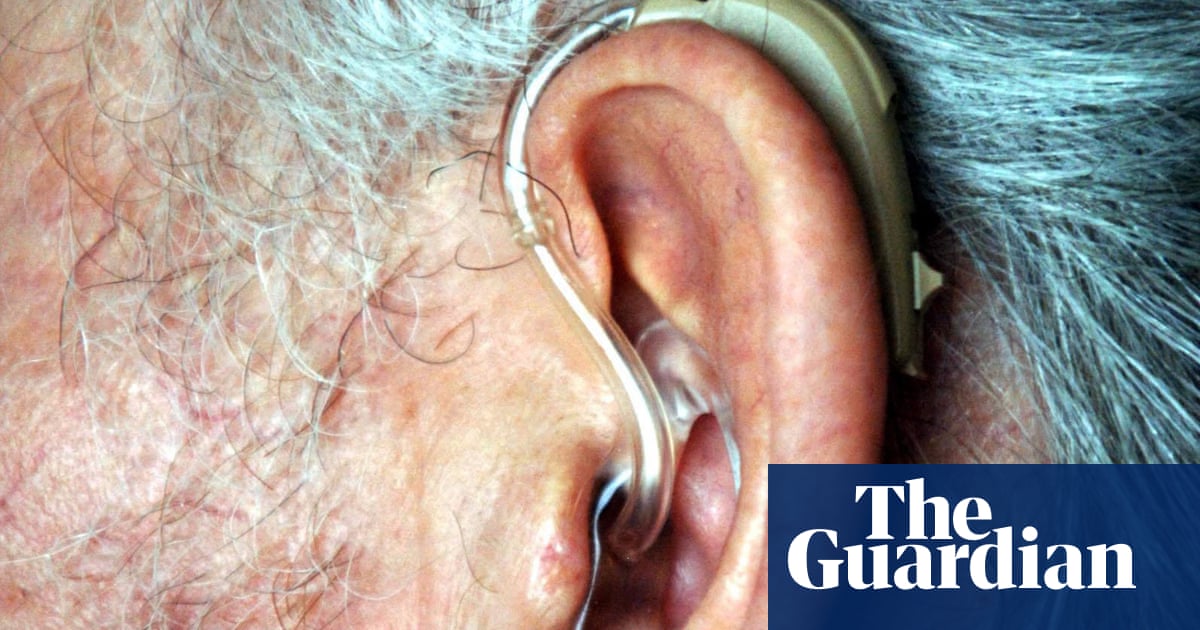
Excessive drinking, exposure to air pollution and head injuries all increase dementia risk, experts say in a report revealing that up to 40% of dementia cases worldwide could be delayed or prevented by addressing 12 such lifestyle factors.
Around 50 million people around the world live with dementia, including about 850,000 people in the UK. By 2040, it has been estimated there will be more than 1.2 million people living with dementia in England and Wales. There is currently no cure.
However, while some risk factors for dementia cannot be changed, for example particular genes or ethnicity, many are down to lifestyle.
“Dementia is potentially preventable – you can do things to reduce your risk of dementia, whatever stage of life you are at,” said Gill Livingston, professor of psychiatry of older people at University College London and a co-author of the report.
She added such lifestyle changes could reduce the chances of developing dementia in both those with and without a high genetic risk for such conditions.
The report from the Lancet Commission on dementia prevention, intervention and care builds on previous work revealing that about a third of dementia cases could be prevented by addressing nine lifestyle factors, including midlife hearing loss, depression, less childhood education and smoking.
The research weighs up the latest evidence, largely from high-income countries, supporting the addition of a further three risk factors to the list. It suggests that 1% of dementia cases worldwide are attributable to excessive mid-life alcohol intake, 3% to mid-life head injuries and 2% a result of exposure to air pollution in older age – although they caution that the latter could be an underestimate.
While some actions can be taken on a personal level to tackle such issues, many require government-led change, Livingston said. The report includes a list of nine recommendations, including improving air quality, and urges policymakers to “be ambitious about prevention”.
Livingston praised Boris Johnson’s campaign to tackle the nation’s waistlines and reduce Covid-19 deaths, as obesity and lack of exercise are among the risk factors for dementia. “That may be helpful, particularly if they are beginning to think about obesogenic environments and making it safe for people to ride bikes,” she said.
While Livingston said the 40% figure was optimistic as the 12 risk factors are unlikely to be completely addressed, small steps could make a difference. Research has suggested that the incidence of dementia in Europe and North America has fallen by around 15% per decade for the past 30 years – likely because of lifestyle changes such as a reduction in smoking – even though the numbers of people with dementia are rising as people live longer.
The impact of lifestyle interventions, the team add, is likely to be greatest among the most deprived individuals and in low- and middle-income countries.
“I don’t think it is any coincidence that the reductions in dementia prevalence to date have been in high-income, highly educated people who have more control over their environment,” said Livingston. “We are expecting by 2050 that two-thirds of people with dementia, if trajectories continue, will be in low-income countries.”
It is not clear whether all the risk factors are purely a cause rather than an effect of dementia. The report notes: “Depression might be a risk for dementia, but in later life dementia might cause depression.”
Fiona Carragher, director of research and influencing at Alzheimer’s Society, which part-funded the work, called for a boost to dementia research, warning that medical research charities are facing a 40% average fall in research funding because of the Covid-19 pandemic.
Fiona Matthews, professor of epidemiology at Newcastle University, who was not involved in the report, said the focus on lifestyle did not mean people should feel they are to blame if they develop dementia.
“We can work at reducing our personal risk and society’s risk, but still even then with these risk factors it only equates to less than 50% of all dementia,” she said, adding that an increase in risk did not mean dementia was certain to develop.
Matthews said tackling lifestyle risk factors, personally and as a society, remained important, adding that inequalities in population health, as highlighted by Covid-19, should be targeted.
“The crucial component is that in the absence of treatments that delay or postpone dementia, reducing everyone’s risk is the best method to slow the increasing numbers of people with dementia that we would see due to population ageing,” she said.












